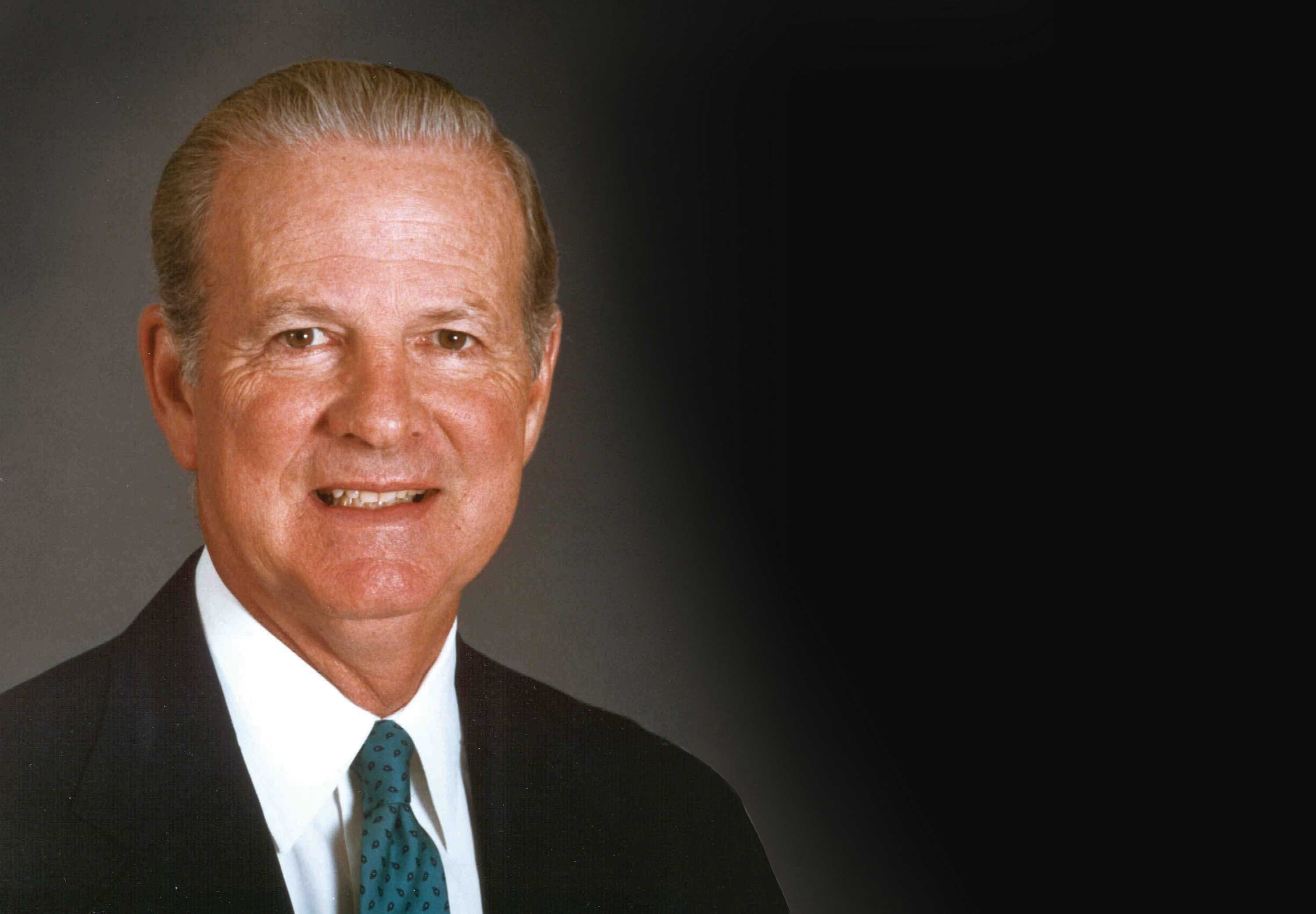Retirement Plans
Retirement plans (IRA, 401k or similar) are often heavily taxed assets in your estate. They can actually be taxed twice at full value—once as part of your estate and once as income when withdrawn. By naming MD Anderson as a beneficiary of your retirement plan, you can avoid the high taxation that could apply to the residue left in your retirement account, and you can continue taking withdrawals during your lifetime.
Life Insurance
Donating an existing life insurance policy allows you to make a sizeable gift for a relatively small investment, and you may even receive a charitable deduction for the gift of a life insurance policy. Another common life insurance gift involves creating a new policy and naming MD Anderson as the beneficiary.
Bequests
Leaving a gift in your will is the most popular type of deferred gift to charity. A general bequest can be a dollar amount or percentage of an estate. A specific bequest designates the exact property you wish the charity to receive. Residuary bequests distribute the remainder of your estate after all other bequests, debts, expenses and taxes have been satisfied.
Charitable Gift Annuities
One of the easiest ways to make a charitable gift and receive income is through a charitable gift annuity. You donate cash or securities to MD Anderson. In return, we agree to pay you (and someone else, if you choose) a fixed amount each year for the rest of your life. The rate depends on your age and is usually higher than dividends, CDs or savings accounts offer.
Charitable Remainder Trusts
Charitable remainder trusts are similar to charitable gift annuities, but the trust allows you to name multiple beneficiaries and set different terms. You begin by deciding the asset you want to use to fund the trust, then determine how much income you would like to receive from the trust.
If you would like more information on Making Cancer History®, please call 1-866-928-9494 or visit http://www.mdandersonlegacy.org/.















